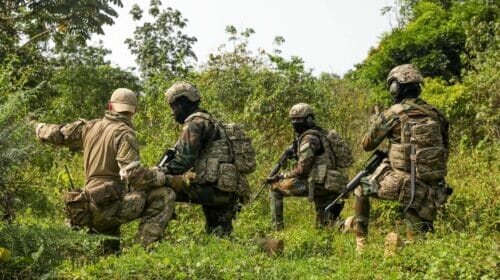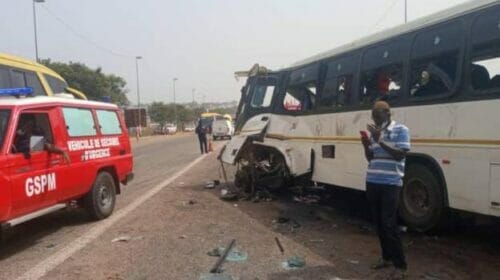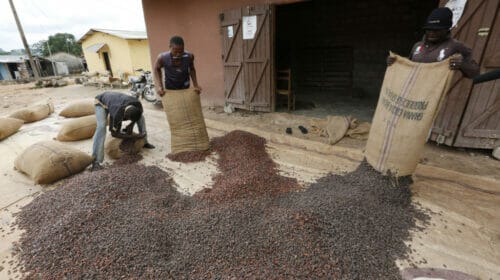Gbagbo faces charges of crimes against humanity: ICC
Gbagbo, 66, was arrested and taken from Ivory Coast to the Netherlands overnight.
About 3,000 people were killed and more than a million displaced in a four-month civil war in Ivory Coast after Gbagbo refused to cede power to Alassane Ouattara in last year’s election.
Gbagbo is likely to be joined by other high-level suspects from both sides of the conflict, ICC prosecutor Luis Moreno-Ocampo said.
“Mr Gbagbo allegedly bears individual criminal responsibility, as indirect co-perpetrator, for four counts of crimes against humanity, namely murder, rape and other forms of sexual violence, persecution and other inhuman acts,” the ICC said in a statement.
Gbagbo’s detention was welcomed by human rights groups, but could prove divisive in Ivory Coast, the world’s biggest cocoa producer, and trigger unrest among his supporters.
The timing of his transfer is sensitive. Ivory Coast is due to hold a parliamentary election on December 11 which Gbagbo’s FPI party is boycotting in protest at the treatment of its top officials arrested in connection with the conflict.
His sudden arrest may also serve as a reminder to politicians in Democratic Republic of Congo where the results of Monday’s election are being challenged. This month, the ICC prosecutor warned Congolese politicians to avoid electoral violence or risk facing the court.
Gbagbo will make an initial appearance in court within a few days where he will be informed of his rights and the charges against him, ICC spokesman Fadi El Abdallah said.
His aides have branded the action “victor’s justice,” saying it demonstrates the bias of international players towards former IMF executive Ouattara, who came to power after French soldiers helped him oust Gbagbo.
“It is exactly a year since the presidential election that led to one of the worst episodes of violence Cote d’Ivoire (Ivory Coast) has ever known, with ordinary Ivorians suffering immensely, and crimes allegedly committed by both parties,” Moreno-Ocampo said in a statement.
“We have evidence that the violence did not happen by chance: widespread and systematic attacks against civilians perceived as supporting the other candidate were the result of a deliberate policy.”
The prosecutor said crimes were committed by both parties in the election and that he expected to bring more cases before the court irrespective of political affiliations.
“Leaders must understand that violence is no longer an option to retain or gain power. The time of impunity for these crimes is over,” he said.



